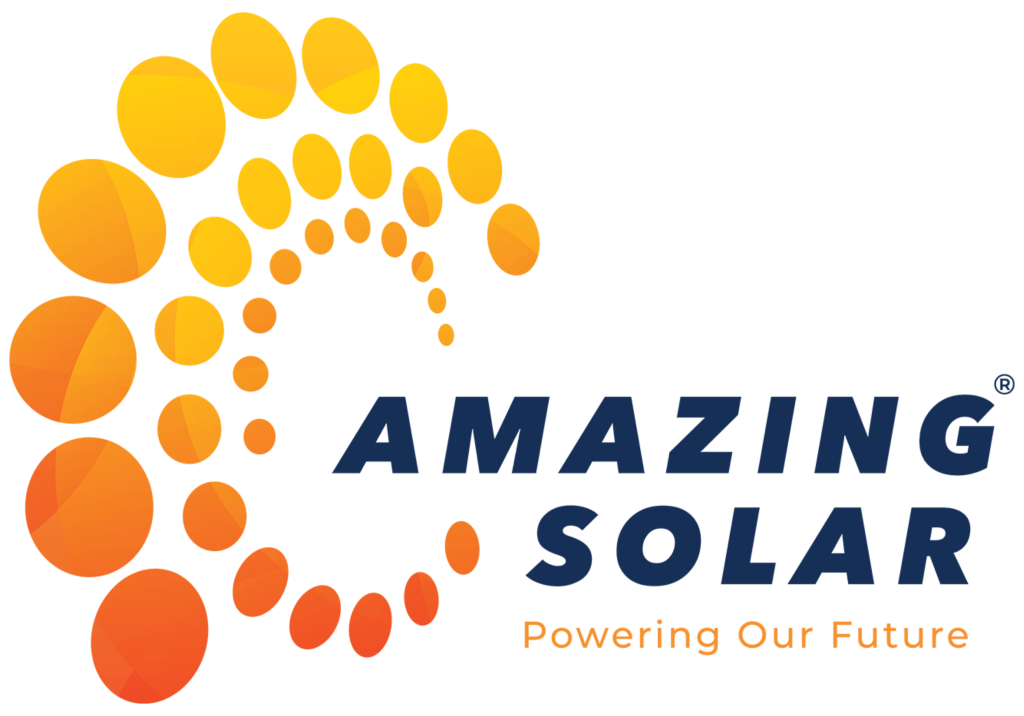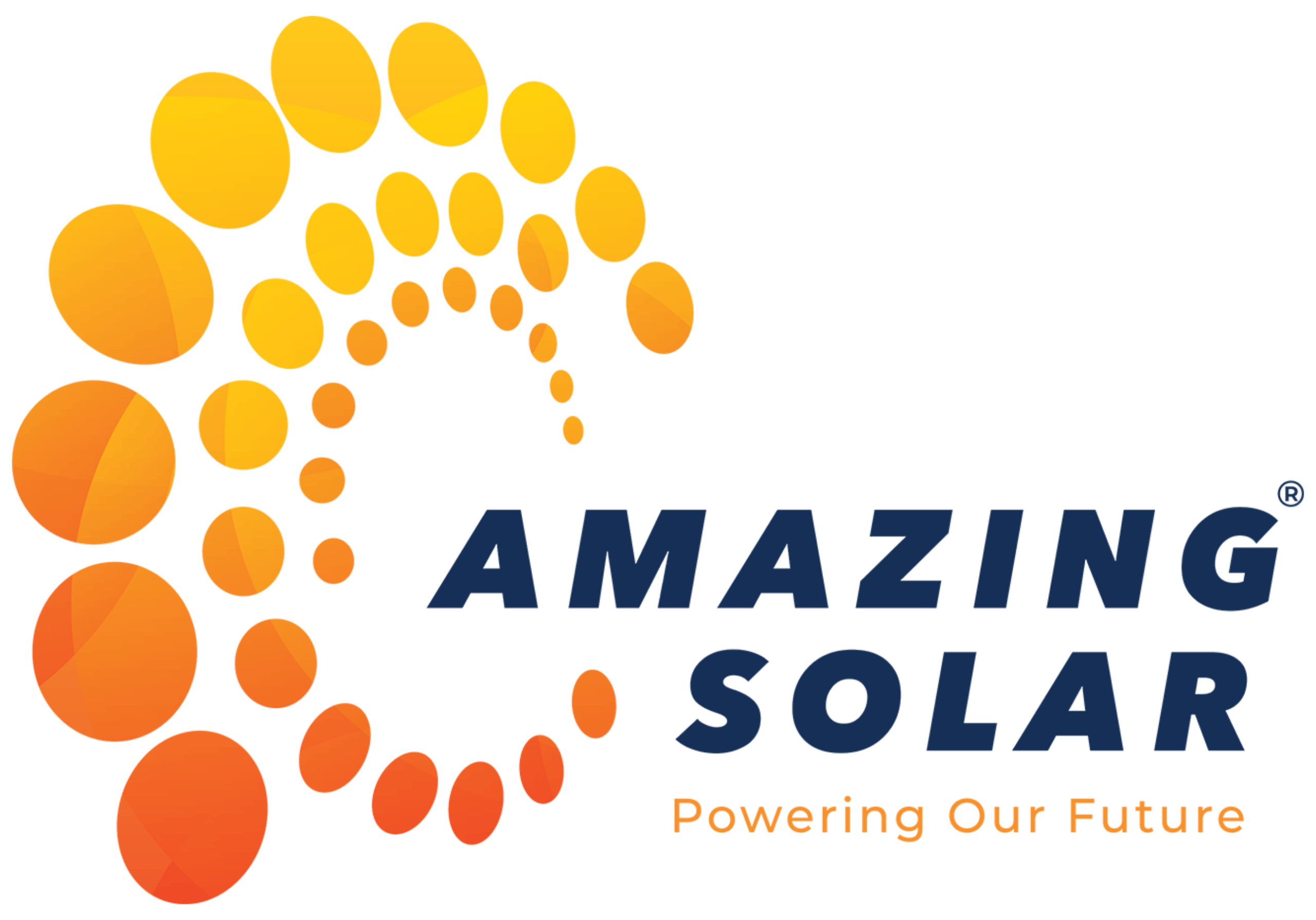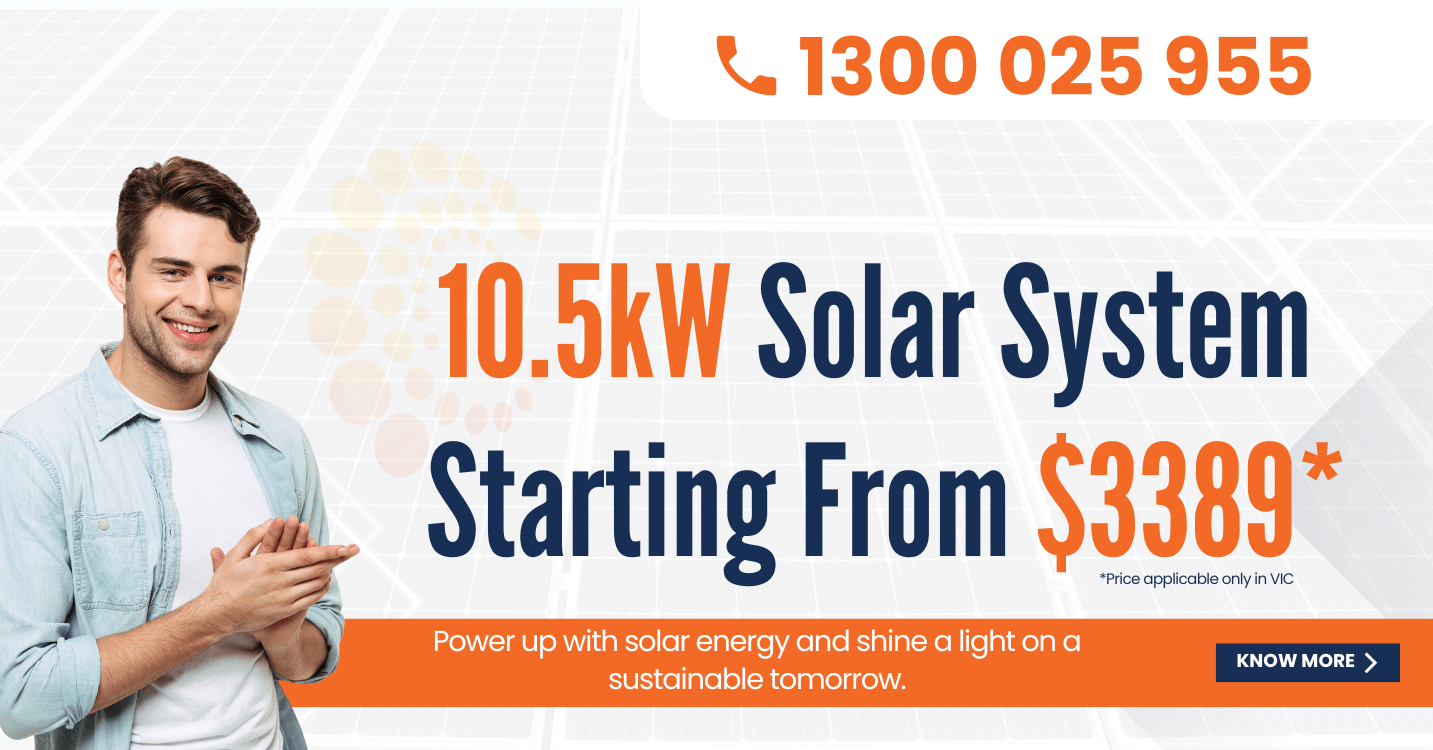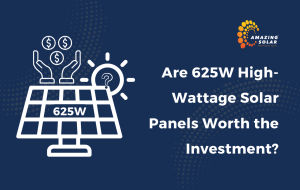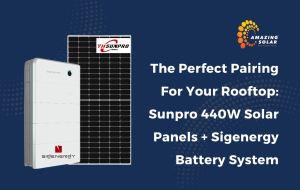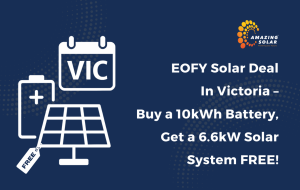Are you considering harnessing solar power for your home in VIC, Australia? When it comes to investing in a solar system, it’s essential to understand the distinctions between grid-connected and off-grid solar solutions. In this blog post, we’ll delve into the key differences between these two solar systems and help you determine which one aligns better with your unique needs.
What is Grid-Connected Solar?
Grid-connected solar systems are the most prevalent solar setup. They are seamlessly integrated with the electric grid, acting as a complementary power source to your utility company. When your solar panels generate surplus electricity, it flows back into the grid, a process known as net metering.
Grid-connected solar systems suit individuals residing in areas with dependable electric grids who wish to trim their energy bills. Additionally, they offer a hassle-free alternative for those interested in adopting solar energy without the complexities of battery storage.
Pros and Cons of Grid-Connected Solar:
Pros:
- Reduced electricity bills.
- No need for battery storage.
- Compatible with reliable electric grids.
- Cost-effective compared to off-grid solar.
Cons:
- Continued reliance on the utility company.
- Vulnerable to power outages on the grid.
What is Off-Grid Solar?
Off-grid solar systems operate independently of the electric grid. They rely on battery storage to save surplus energy produced by solar panels, allowing you to access solar power even during cloudy days or grid failures.
Off-grid solar systems are a prudent choice for those situated in regions with erratic power supply or individuals striving for self-sufficiency. However, they typically entail higher upfront costs and demand more maintenance.
Pros and Cons of Off-Grid Solar:
Pros:
- Complete energy self-sufficiency.
- Suitable for areas with unreliable electric grids.
- No dependence on the utility company.
Cons:
- Higher initial investment compared to grid-connected solar.
- Requirement for battery storage.
- Increased maintenance demands.
Selecting the Right Solar System for You:
The choice between grid-connected and off-grid solar hinges on your specific requirements and circumstances. If you reside in an area with a stable electric grid and aim to curtail electricity expenses, a grid-connected system is likely the ideal choice. Conversely, if you face frequent power outages or aspire to achieve complete self-sufficiency, an off-grid system might better serve your needs.
Should you find yourself uncertain about the most suitable solar system for your situation, consulting a professional solar installer is an excellent step. They possess the expertise to evaluate your needs and recommend the optimal system for your home.
Conclusion:
In VIC, Australia, there exist two primary categories of solar systems: grid-connected and off-grid. Grid-connected systems seamlessly tie into the electric grid, complementing your utility power supply. In contrast, off-grid systems operate autonomously, relying on battery storage for energy sustainability.
The choice between these two solar solutions boils down to your unique requirements. A grid-connected system is apt if you live in an area with a dependable electric grid and intend to reduce your utility bills. Conversely, an off-grid system suits those contending with frequent power disruptions or those who yearn for full self-reliance on renewable energy. Make an informed decision that aligns with your needs and aspirations.


